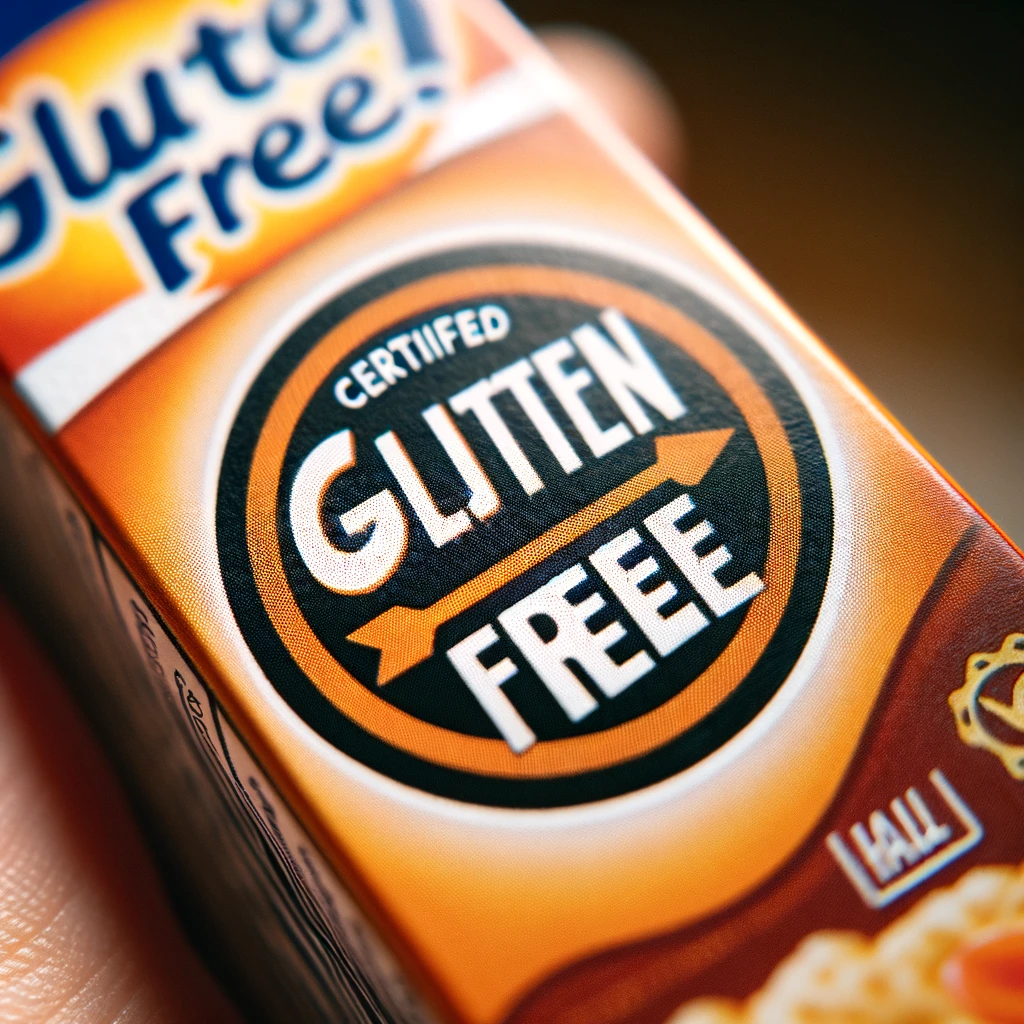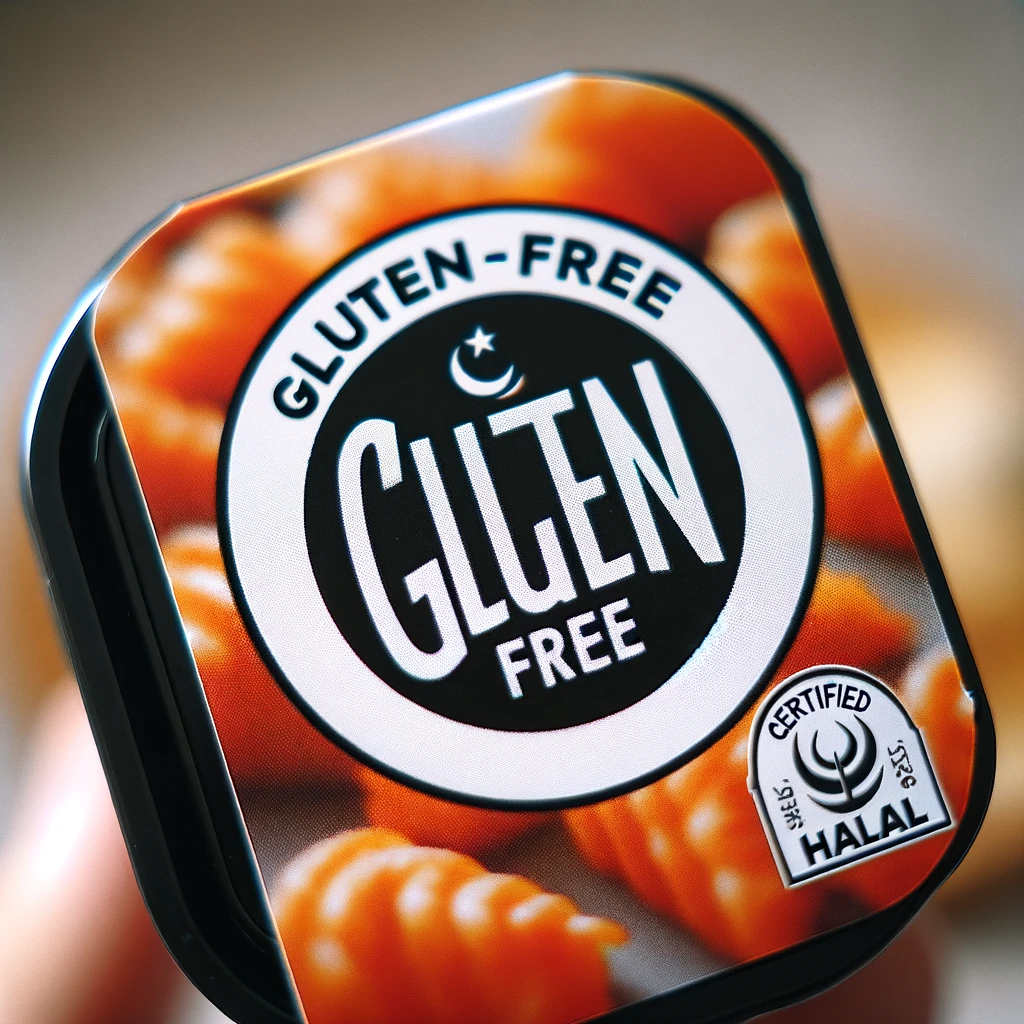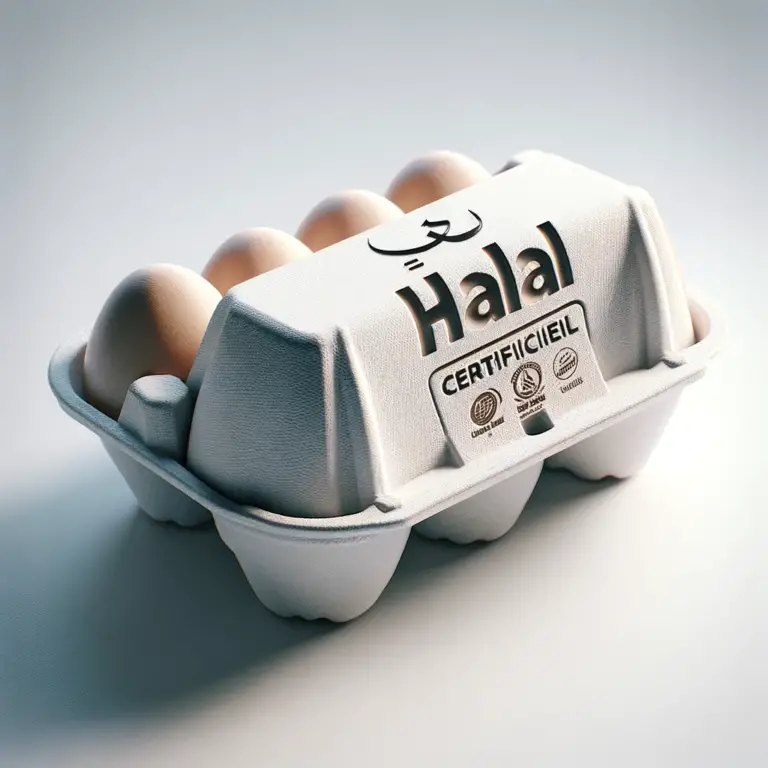Is Gluten Halal?
As an expert on halal food regulations with over 10 years of experience, I am often asked whether gluten is considered halal. Here is a detailed look at what gluten is, where it comes from, and an analysis of whether it meets Islamic dietary standards.
What is Gluten?
Gluten is a general name for the proteins found in wheat, rye, barley and triticale. The two main proteins that make up gluten are:
- Gliadin
- Glutenin
When flour and water are mixed together and kneaded into dough, these gluten proteins bind together and create an elastic and stretchy network that helps bread and other baked goods keep their shape and have a chewy texture.
So in summary:
Gluten = Gliadin + Glutenin proteins naturally occurring in grains like wheat, rye and barley that give elasticity to dough
The Role of Gluten in Foods
Gluten performs several important functions that make it a useful ingredient in foods:
- Provides structure and viscosity
- Helps trap rising gas bubbles for leavened breads
- Contributes to taste, flavor and texture
- Acts as a binding and emulsifying agent
That’s why gluten containing grains feature prominently in breads, pasta, cereals, baked goods and many processed foods.
Is Gluten Meat or Plant-Based?
An important factor in determining whether a food is halal is understanding whether it is:
- Meat or meat-based (haram unless halal certified)
- Plant-based (halal by default unless contains alcohol etc.)
So is gluten meat or plant-based?
Gluten is 100% plant-based, as it originates from cereal and grass crops:
- Wheat
- Rye
- Barley
- Triticale
Gluten is simply a protein, not an animal product. This means it would be classified under the general category of halal if it weren’t for a few outstanding concerns covered next.
Does Gluten Contain Alcohol?
Alcohol from any source is considered haram in Islam.
During the fermentation process of making breads and baked goods, the yeast eats sugar, releasing carbon dioxide gas which makes the dough rise.
A small amount of alcohol is produced as a byproduct of this natural fermentation. However, most of it evaporates when baking at high heat.
According to research, the amount left over is usually less than 1% of total volume. This trace amount is considered halal by most Islamic scholars.
Is Gluten Pure or Impure?
Wheat gluten itself is simply the protein isolated from wheat flour. If processed properly, it would meet Quranic standards of tayyib (pure) and beneficial foods permitted for Muslims.
However, commercially sold wheat gluten is often:
- Processed on equipment shared with pork and alcohol
- Stored and transported in containers previously holding non-halal ingredients
This introduces the risk of cross-contamination with impurities like pork that invalidate its halal status according to stricter interpretations.
Certified Halal Gluten Products
To avoid the risks of cross-contamination, observant Muslims should look for certified halal gluten made under proper Islamic guidelines:
| Company | Brand |
| Anat Foods | Bake Rite Kosher Halal Foods |
| Halagel | Cargil |
| ADM |
These manufacturers produce wheat gluten in dedicated halal facilities that strictly avoid alcohol and pork contamination during processing, storage and transportation.
Scholarly Perspectives on Gluten
Prominent Islamic dietitian and scholar Riaz analyzed gluten and declared vital wheat gluten halal provided no contamination occurs during processing.
Meanwhile, the Islamic Food and Nutrition Council of America (IFANCA), North America’s largest halal certification body, states:
“Vital wheat gluten would generally be considered Halal.”
They do caution that observant Muslims should:
- Verify proper segregated manufacturing
- Look for halal certification marks
To fully validate gluten’s halal status.
Summary
In summary, here are the key points that determine whether gluten is halal:
✅ Gluten is plant-based, not meat or meat-by products
✅ Naturally occurring alcohol from yeast fermentation is evaporated during baking
❌ Risk of cross-contamination with pork products and alcohol during processing
✅ Vital wheat gluten itself is generally considered halal
✅ Certified halal gluten avoids contamination risks
So while pure wheat gluten would meet Quranic guidelines, the risk of exposure to alcohol and pork during commercial processing introduces potential impurities.
To be certain of consuming halal gluten, Muslims should verify proper manufacturing protocols and check for halal certification from an accredited agency.
The Benefits of Gluten
Now that we have established the conditions under which gluten can be halal, let’s analyze some of the benefits this unique protein offers which make it such a useful ingredient.
Gluten Provides Important Nutrients

Though many avoid gluten due to celiac disease or gluten sensitivity, it does provide essential nutrients, especially to those following a vegetarian or vegan diet:
Key Gluten Nutrients & Benefits
| Nutrient | Benefits |
| Protein | Builds and repairs tissues, needed to make hormones, enzymes and many body chemicals |
| Iron | Helps carry oxygen in the blood to cells |
| Fiber | Promotes gut health and digestion |
| B Vitamins | Aids conversion of food into energy, supports nervous system |
So in moderation, gluten containing grains like wheat can provide essential nutrients to those who tolerate it well.
Gluten Has Useful Baking Properties
As outlined previously, the elastic and adhesive properties of gluten are what give breads and baked goods their:
- Structure
- Ability to rise
- Chewy texture
Without gluten development, baked breads would be flatter and denser. Gluten allows the CO2 gas bubbles from yeast to inflate the dough.
This gives artisanal breads their:
- Fluffy crumb
- Shiny crackly crust
- Complex flavor
So while gluten free baking is certainly possible, achieving the same end results takes more effort and ingredients.
Wheat Gluten Has Versatile Uses
Though wheat gluten is most associated with bread, it has become a widely used additive due to its special binding, thickening and stabilizing abilities:
|
|
Vital wheat gluten allows manufacturers to create tasty low moisture meat and dairy analogues. It can also help thicken instant foods while adding a protein boost.
Gluten Related Health Concerns
While pure gluten from wheat that avoids cross-contamination would generally comply with halal regulations, there are some health aspects to consider regarding its safety and tolerance:
Celiac Disease
Symptoms may include:
- Diarrhea
- Abdominal Pain
- Malnutrition
- Anemia
This condition impacts 1 in 100 people globally and is a lifelong affliction.
The only treatment is strict adherence to a gluten-free diet.
Gluten Sensitivity
A condition separate from celiac disease, non-celiac gluten sensitivity may affect up to 13% of the population by some estimates.
Symptoms like digestive discomfort, brain fog and fatigue often improve when adopting a gluten free or reduced gluten diet.
The exact mechanisms behind gluten sensitivity are still being researched.
Controversies Around Modern Wheat
The rapid rise in gluten-related disorders has led many to question whether modern wheat itself is less tolerable or higher in antinutrients like gluten.
Key concerns around changes in modern wheat include:
- Selective breeding increasing gluten content
- Hybridization of wheat strains
- Higher gluten levels in dough from fast rising yeast
- Glyphosate herbicide residues
- Food additives and processing methods
So while pure wheat gluten may meet halal standards, there is controversy around whether modern wheat crops and related gluten are truly optimal for human health.
Gut Inflammation
Emerging research shows gluten can trigger inflammatory responses in the gut for those sensitive. Over time, this intestinal inflammation may have negative impacts on overall health.
Factors that damage gut lining integrity like stress, medications or poor diet seem to pre-dispose people to gluten sensitivity.
Conclusion
In summary, vital wheat gluten does generally meet halal criteria provided manufacturing avoids cross-contamination with prohibited substances.
However, the following considerations should be weighed by Muslims regarding its health and safety aspects:
- Gluten avoidance required for those with celiac disease or gluten sensitivity
- Possible issues with tolerating modern wheat varieties
- Added processing of vital wheat gluten as an additive
- Gut inflammatory effects on those sensitive
Ultimately, the halal status comes down to processing, while the health aspect centers around the ability to tolerate gluten containing grains.
Those able to consume wheat and gluten often benefit from its nutrients, structural properties and diverse uses. But observant Muslims require reassurances around manufacturing and tolerance.







